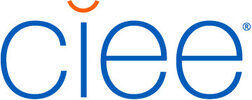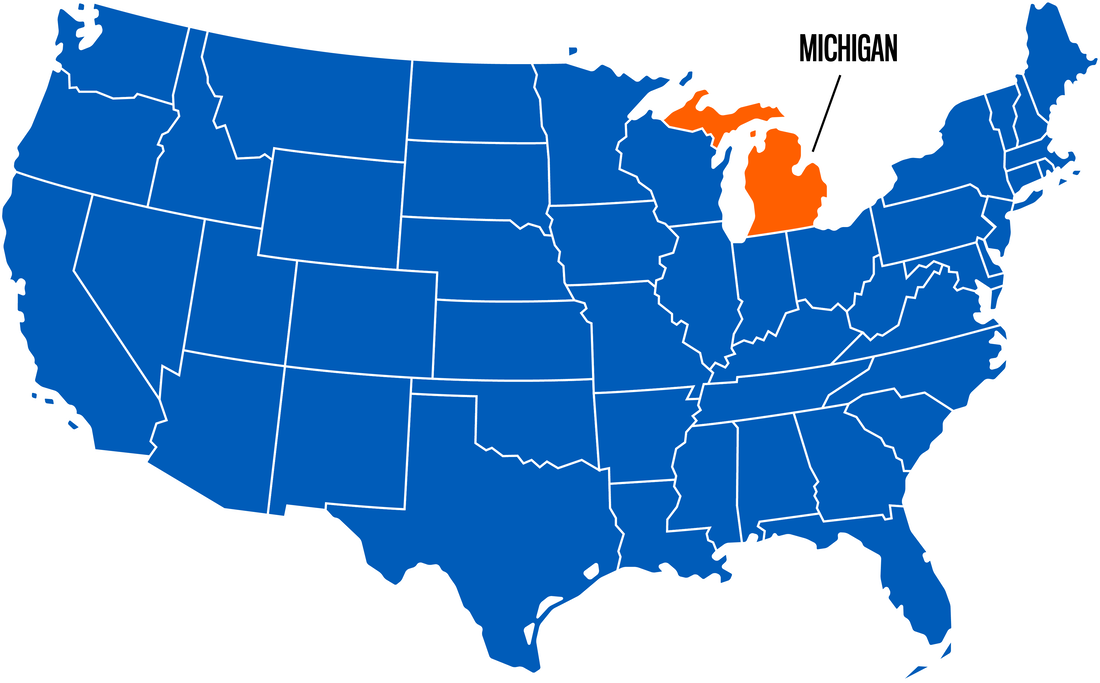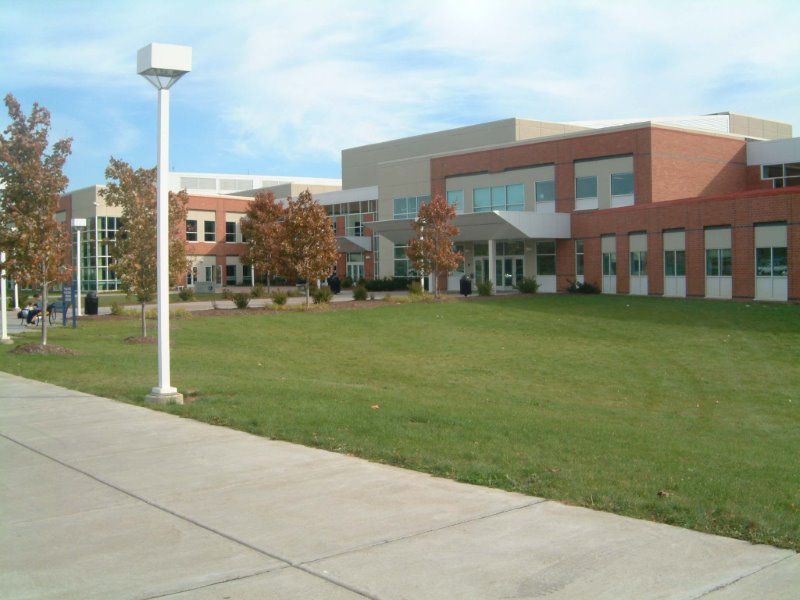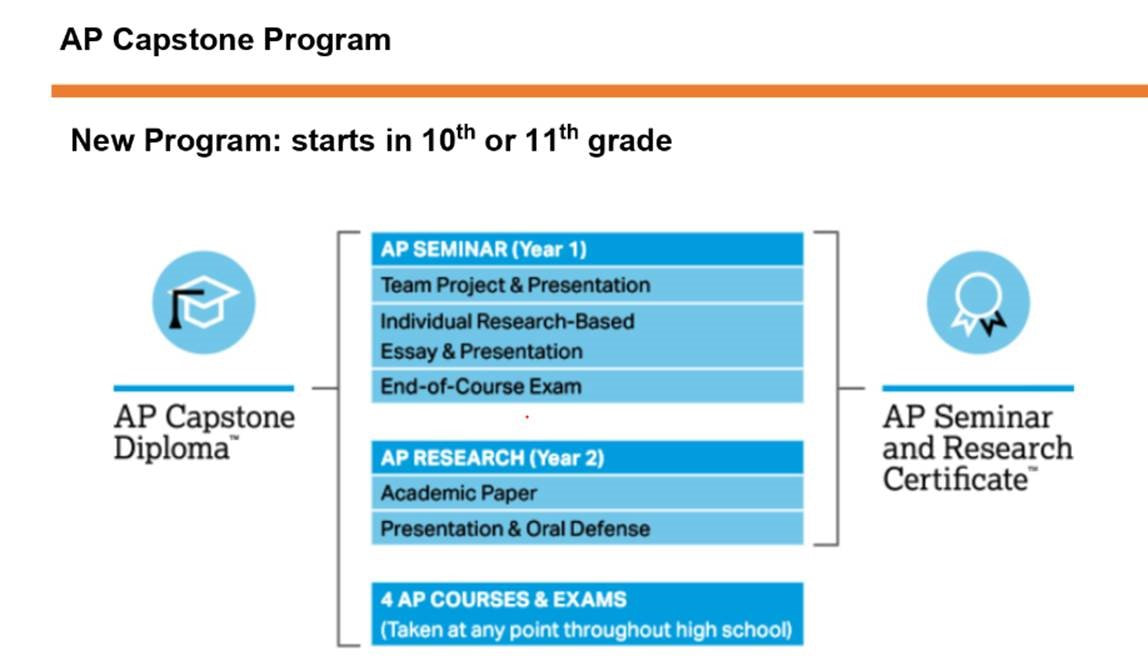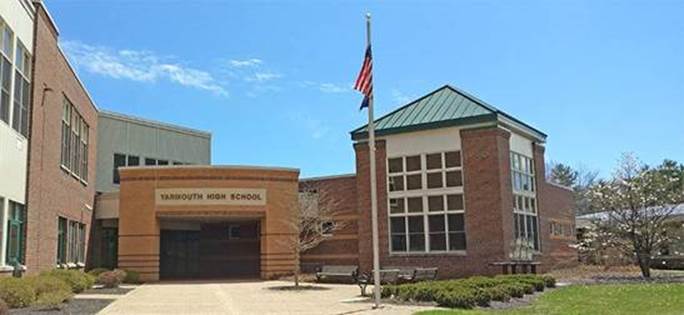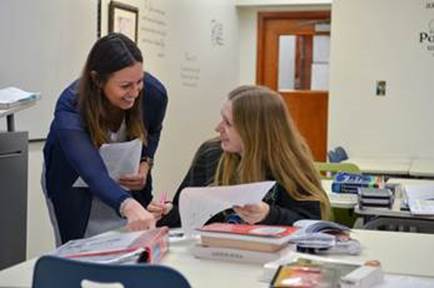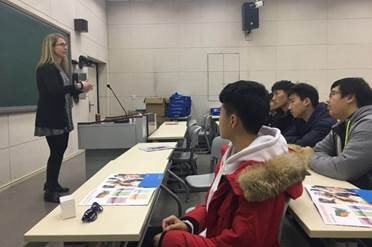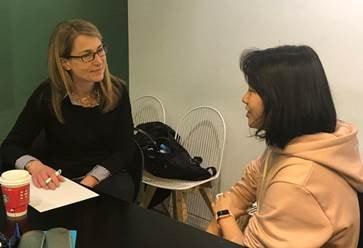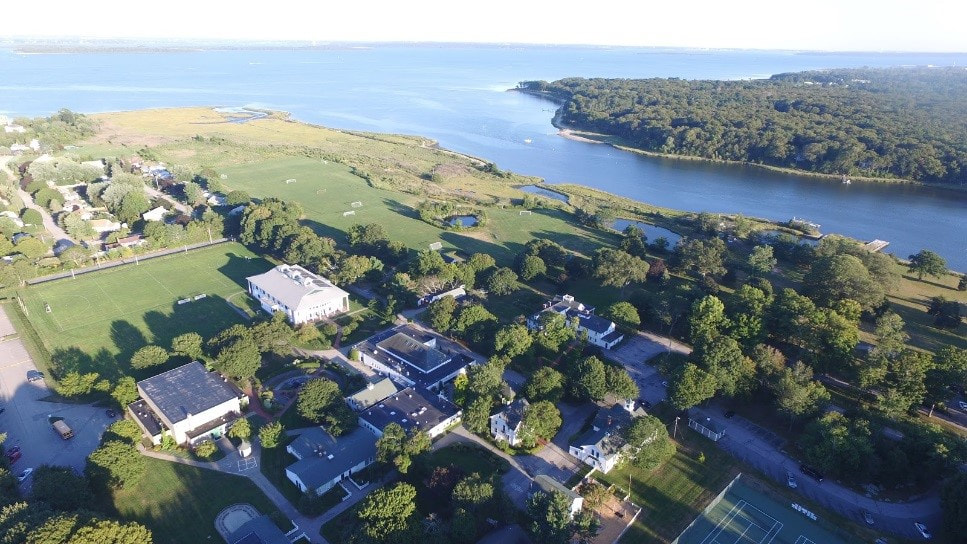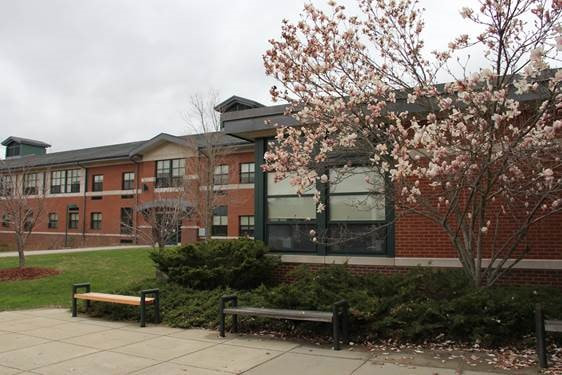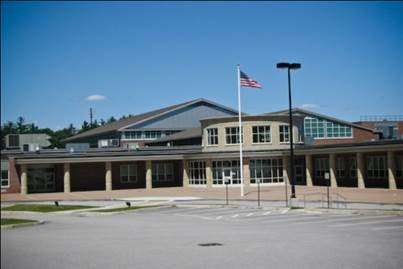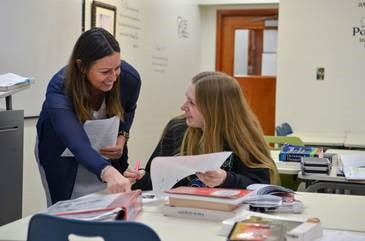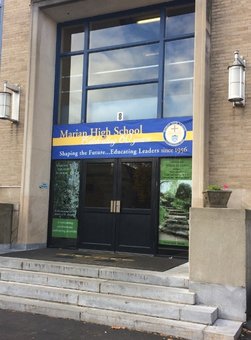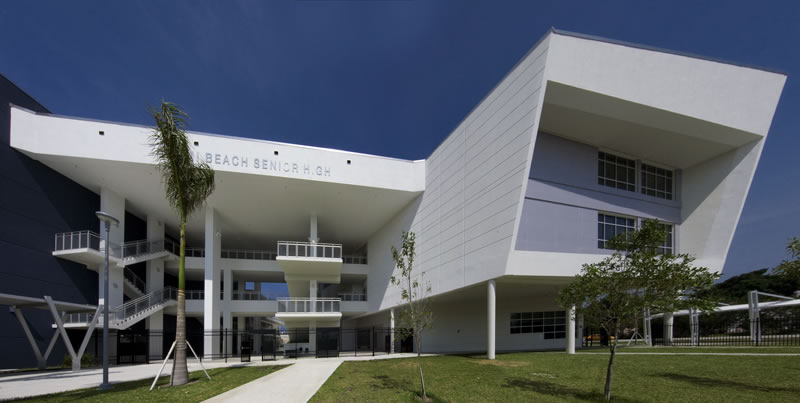|
The U.S. offers a wide variety of lifestyles, cultures, cuisines, cities, historic sites, and more. To help you and your students learn more about the different areas of the U.S., each month we will be featuring a different U.S. state where students are placed, and tell you what life in each state is like! This month's feature is Michigan - the "Great Lakes" state! Quick facts about Michigan
Featured school: Clarkston High School Clarkston High School has a large variety of activities - something for everyone! Throughout the year, there are 28 sports teams that play, a 10,000 seat football stadium, full-featured television broadcast studio, 700 computers, 1,000 seat auditorium for plays and more. Christina, a world languages teacher at the school, says, "Clarkston High School embraces the culture that international students bring to the academic environment. International student experiences are highlighted throughout the school year with special events and celebrations of the diversity that they bring. Additionally, students in Clarkston High go above and beyond to include these international students in their day to day activities, helping them to feel like a regular part of our community. As an ESL teacher, I love learning from the exchange students and hearing about their different perspectives on the world, especially education. Plus, seeing excited international students watch snow fall from the sky for the first time NEVER gets old!" CIEE students feel the same way!
Download our fact sheet about Michigan to share with your students & families!
AP Capstone is a new diploma program that encourages students to push themselves in multiple areas and tie together concepts from each of these classes through research. In this program, students consider and evaluate multiple points of view to develop their own perspectives on complex issues and topics through inquiry and investigation. Where AP courses were lacking the inquiry and investigation aspects of learning, this program forces students to ask questions that spark their own curiosity. This leads to an investigation that challenges and expands the boundaries of one's current knowledge. According to College Board, the AP Capstone program is supported by top universities such as Harvard, NYU, MIT, Yale, Princeton, and many others. The diploma has six parts: AP Seminar, AP Research, as well as four other AP courses of the student’s choice. Students typically take AP Seminar in grades 10 or 11 followed by AP Research. Students who earn scores of 3 or higher in AP Seminar and AP Research and on four additional AP Exams of their choosing receive the AP Capstone Diploma. Students who earn scores of 3 or higher in AP Seminar and AP Research but not on four additional AP Exams receive the AP Seminar and Research Certificate. Students enrolled in AP Seminar explore two to four relevant issues chosen by the student and/or teacher. For example, students might explore the question of whether national security is more important than a citizen’s right to privacy, or whether genetic engineering is a benefit to society. The grading for this class is based on three things: a team project, a presentation, and one end-of-course exam.
Once a student completes their AP Seminar coursework, they may enroll in AP Research. AP Research allows students to design, plan, and conduct a yearlong research-based investigation on a topic of individual interest, documenting their process with a portfolio. This class is graded in two ways: an academic paper of 4,000 to 5,000 words and a presentation with an oral defense. Schools still enrolling that have the AP Capstone Program:
 Alex Tolischus, Senior Manager of Institutional Relations Alex Tolischus, Senior Manager of Institutional Relations Sometimes the high price tag of private schools can deter budget-conscious families from considering them as an option for their student. In addition to having higher tuition rates they often are located within more affluent suburbs where the cost of living can be greater therefore contributing to higher host family stipends. However, there are two reasons why you should strongly consider independent schools. Many private schools have been enrolling international students for many years and are now realizing that the market is shifting. To maintain a strong pipeline of international students, we encourage private schools to look at tuition discounting to attract international students. However, rather than setting a standard tuition discount amount, private schools may choose to negotiate a tuition discount package based on an individual student’s academic or extracurricular strengths. Private schools have selective admissions processes therefore have the ability to build their student body based on the mission and needs of the school. If you have a particularly strong student or a student whom you think will fit a particular school exceptionally, well please reach out to your CIEE International Sales Consultant to discuss the possibility. CIEE can work directly with many of the independent schools on our list to negotiate a lower tuition rate on a case-by-case basis. Yarmouth High School |
